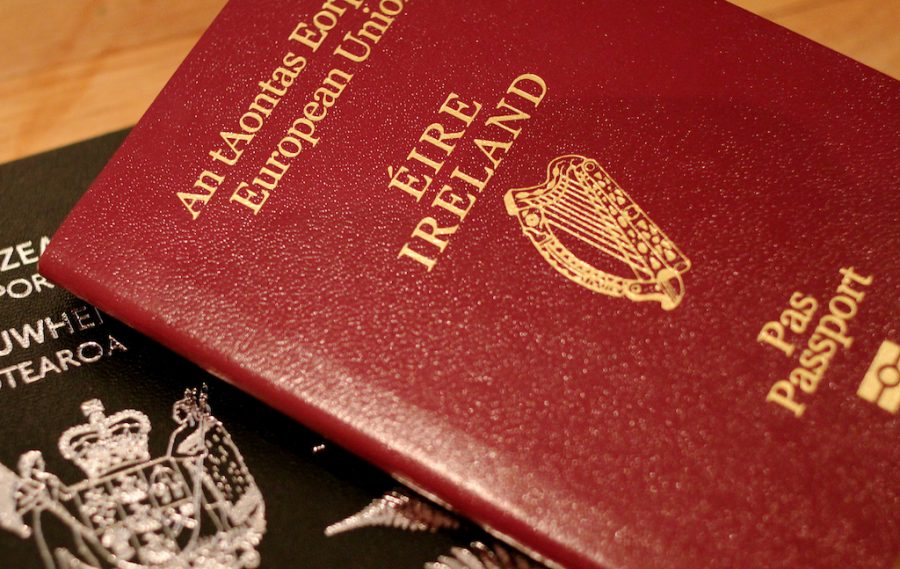The Irish government operated economic citizenship by investment for a decade between 1984 and ended in 1998.
The “economic citizenship” scheme operated by the Irish government allowed anybody to make a one-time investment of £1 million ($1.7m) in return for instant citizenship within 90 days.
Under the scheme, introduced in 1984, applicants seeking naturalisation had to make an investment of £1 million per person in the State. The investment had to be for job creation or job maintenance.
Beneficiaries also had to buy a home in Ireland and reside there for at least 60 days during their first two years of citizenship.
In April 1998, The Irish government has finally abolished the “passports for sale” scheme, ending a political controversy involving Saudi and Pakistani businessmen. The scheme was ended in April 1998 officially outlawed in 2004, having existed for 10 years. Its existence only came to public notice in 1994. The scheme came to public attention in 1994 when it emerged that a wealthy Saudi businessman, Mr Khalid Masri, had invested €1.27 million in Mr Albert Reynolds’s family firm, C&D Petfoods, under the scheme.
By 1998 approximately 150 passports had been issued under the scheme. No passport issued under the scheme has ever been revoked.
The first passports under the scheme were granted to a Hong Kong family who invested in a clothing firm, Shamrock Apparel, in Coolock, Co Dublin.
In 2016, The Adam Smith institute, suggested that the government of Ireland might at least investigate the possibility of instituting a citizenship by investment programme to create investment and employment to counter-balance any problems caused by the UK’s new-found ability to make itself more attractive.
In 2012, Ireland re-introduced the immigrant investor scheme, and in 2013, to obtain residency rights and then citizenship for €500,000. In 2017, Irish investor program was amended to increase the minimum investment to 1 million euros. According to Government statistics – As of Q1 2017 total investment received under IIP in Ireland by first quarter of 2017 is €209 million, with 90% of investors from China. The scheme received only 5 applications in 2012 and as of first quarter of 2017, a total of 633 applications were received under investment.





